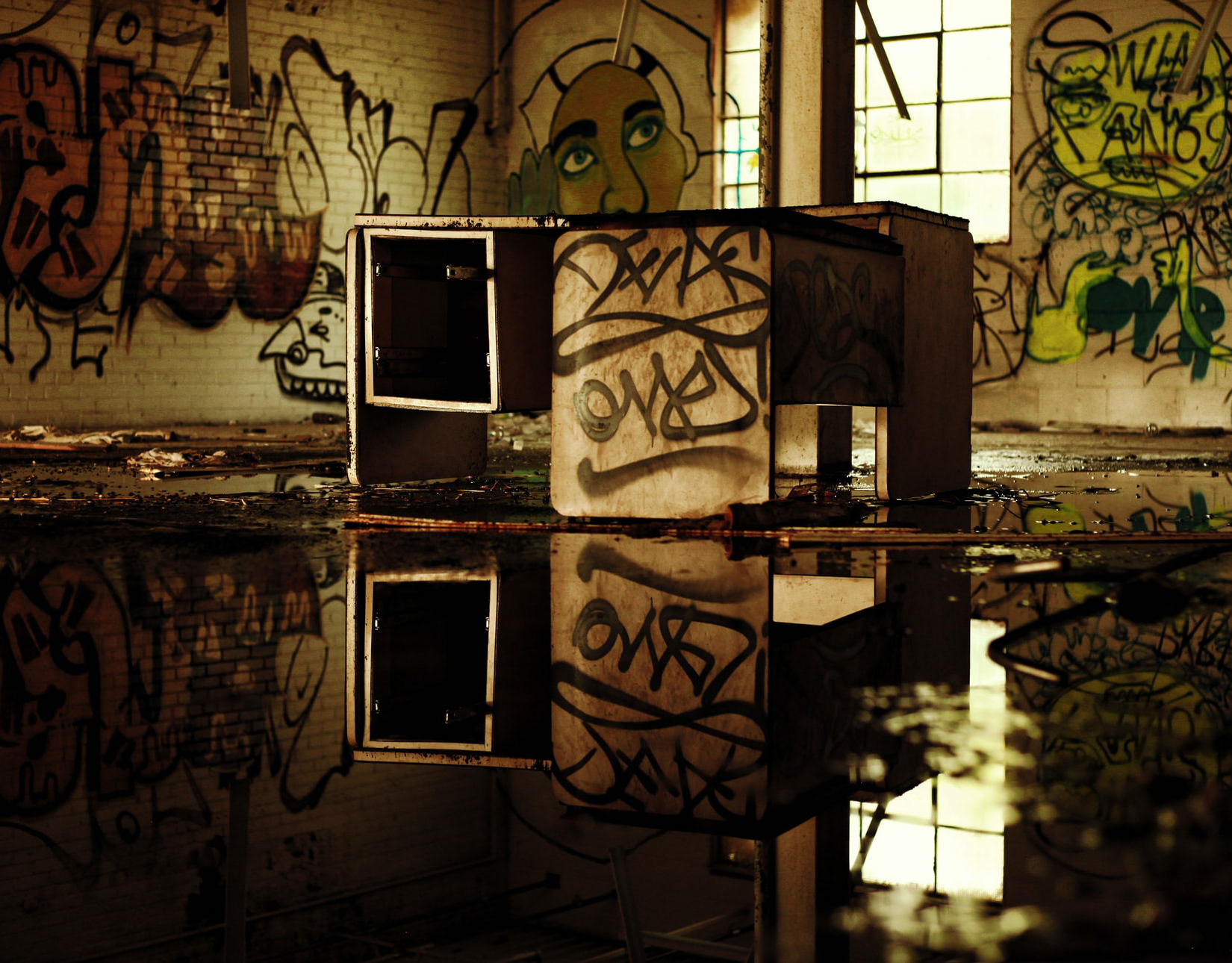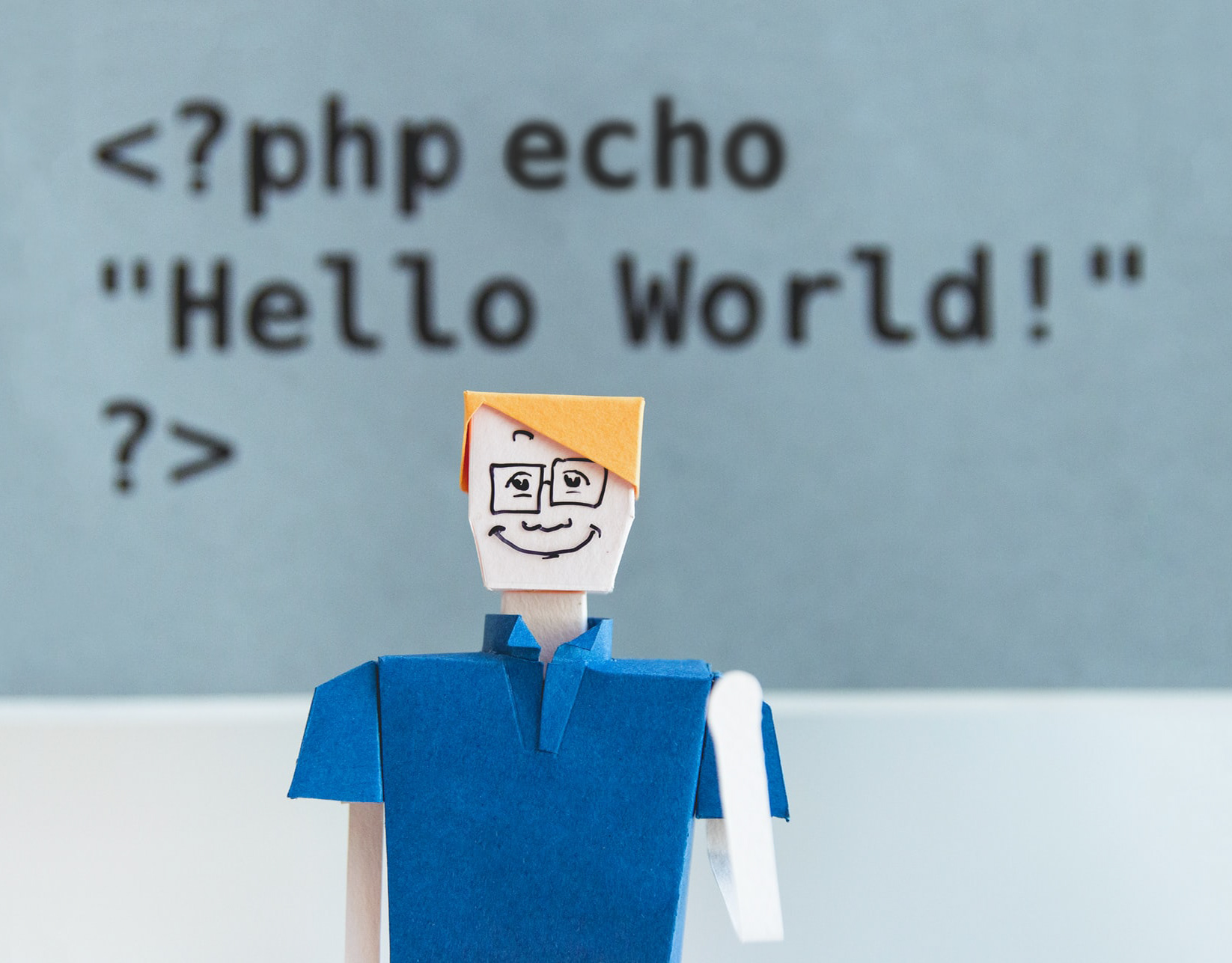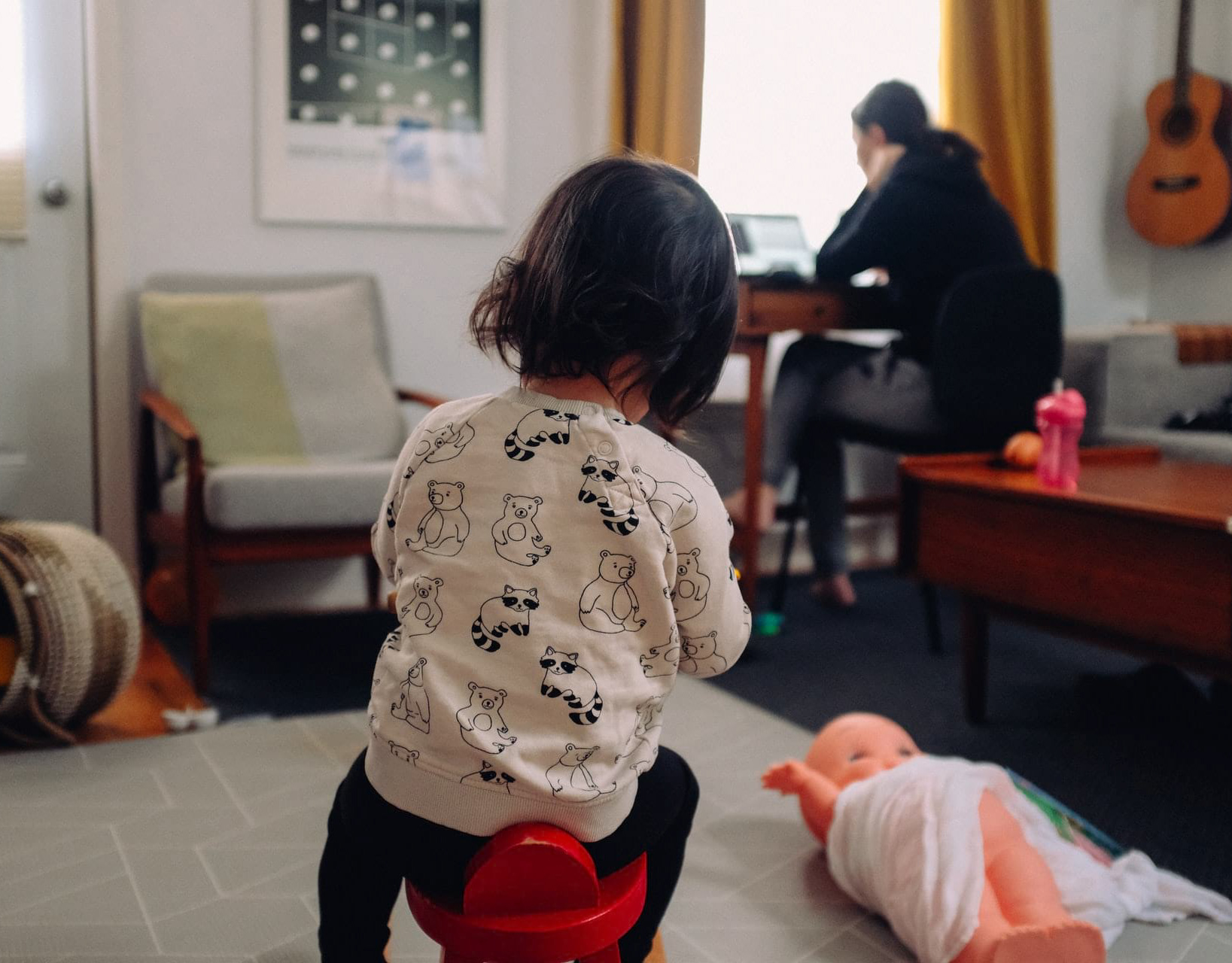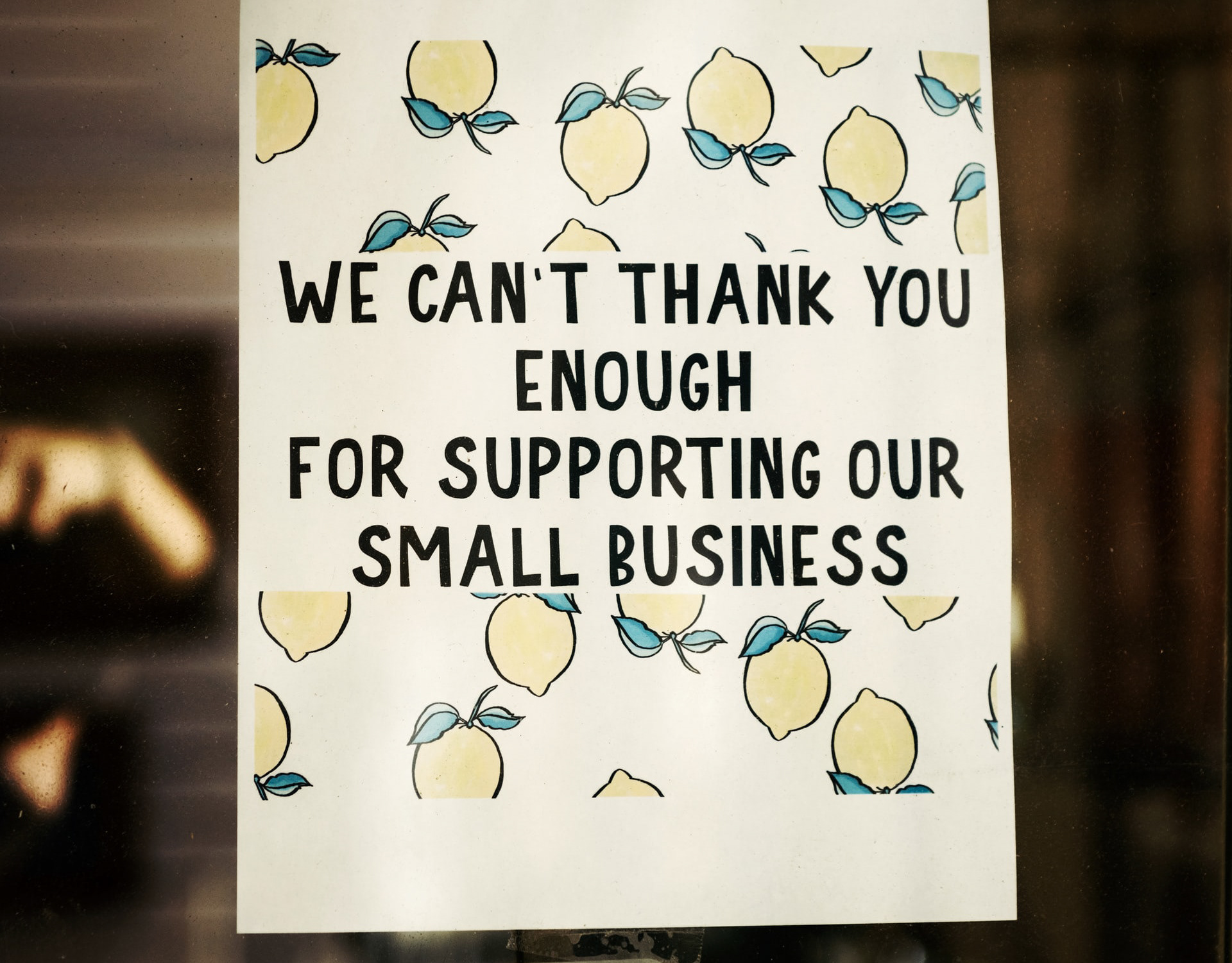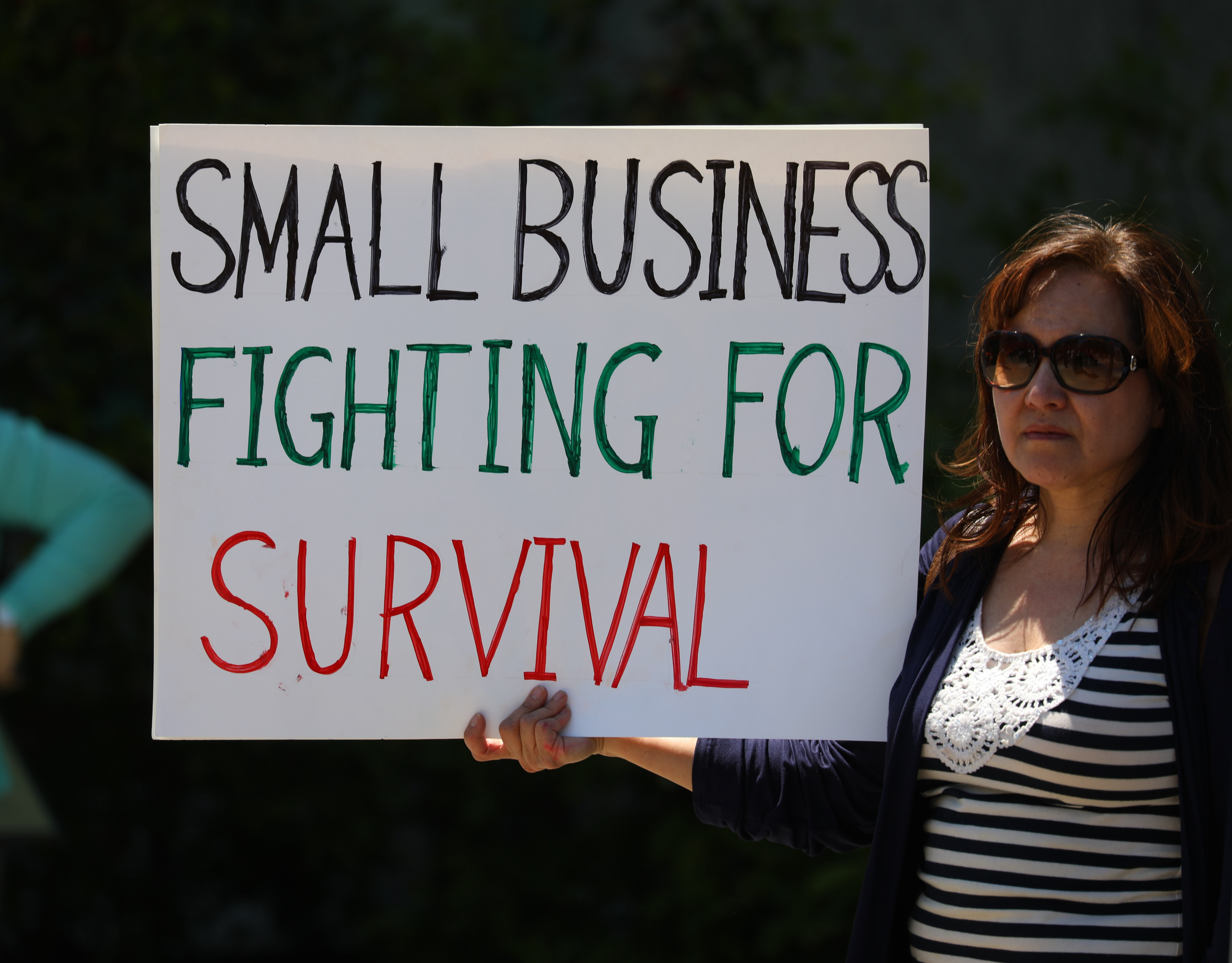Last week, Business Leader Magazine convened a panel event to debate the question: are offices fit for purpose? The event, tellingly, was virtual. The majority of the panellists appeared to be dialling in from their home offices, rather than their office homes. Including me. But it was an interesting, fully functioning event none the less. Indeed, it probably attracted a larger audience than if it had been a physical event. Perhaps that's your answer right there. The event video can be viewed here.
So although we could be coming to the end of pandemic restrictions, we are only at the very beginning of the fall out from them. They are likely to be even more radical and long lasting.
I think we can safely say that occupancy will not return of pre-pandemic levels. In fact, only one company, Goldman Sachs seems intent on mandating a back to your desk policy. Everyone else is sitting on the spectrum between hybrid and virtual first.
This is because the pandemic has caused the value proposition for the office to collapse.
Employees have been enriched by freedom from the 'stealth taxes' on their time and money associated with travel to and from, dressing up for, and sustenance at work. Working in offices is a bloomin' expensive business.
Meanwhile employers have seen their businesses function terrifically well without the overhead requirement of office provision.
So, what is the benefit exactly? And in the analysis, is it worth the cost?
Yes, I'd like a co-worker water cooler moment as much as the next person. However, these were the happy accidents of being in the office, not the point of commuting to it. Much as I like them, I'm not sure I fancy commuting an hour each way simply to chat about how crap the final episode of Line of Duty was.
Beyond short term novelty value, the oft proposed long term proposition of turning offices into soft play centres for collaborating knowledge workers doesn’t really stack up.
You don't need to have the longest of memories to remember we used to crave escape from the office in order to innovate, to create, to bond. Remember the joys of off sites? Awaydays? Corporate retreats? Looking forward to collaborating in the office? How soon will we all default back to ingrained behaviours of emailing the person sitting (almost) next to us ? Technology has normalised Slack behaviours where effective human collaboration is associated with the virtual, even when teams are co-located.
In a bid to tempt people back to the office, we are seeing an uptick in the rhetoric about office life being all about empowerment, enablement and whole self wellbeing. However, the fundamental reality of office life has always been about control, power, politics. This article in The Times is a timely reminder. At the beginning and end of the day, it's work right?
So the genie of work from anywhere is out of the bottle and this will impact on the quantum of office space that businesses require. The movement to fractional and hybrid work should play into flexible office spaces. Companies don’t need an office full time; so they will take flex space part of the time.
However, whisper it quietly, the business model of flexible office spaces is not flexible. Operators are basically flipping their own fixed overhead leases. If they're under management contract, they may be protected, to an extent, from the downside, their upside is similarly constrained. Like every other CRE asset, they need full time utilisation to transact business profitably. Part time utilisation doesn’t work. We're talking fine margins.
A leading flexspace figure compares the flex business to the airline industry. They're both selling perishable goods: an empty seat (desk) is revenue lost forever. They are both yield businesses, maximising the per seat return.
The other factor is the macro movement towards dispersion. The so called distributed workforce and workplace. However, flex survives on the opposite. On concentration, filling spaces with desks. I can’t see an occupier paying twice as much for half the desks.
Sure there will be an increase in demand for flex space. But will supply continue to outstrip demand? Even prior to the pandemic we were seeing the hospitality industry crowding into flexspace. It makes a lot of sense for them. It accesses an additional revenue stream: the core revenue stream of the flex players. I suspect we are likely to seem more of this. It could get bloody.
It is no surprise therefore that there are record levels of office space available across some of the previously hottest markets in the world - San Francisco, New York and London. This is a combination of new space coming to market that has failed to find takers, those who have surrendered leases and the flex operators who were land grabbing not so long ago but who no longer. This does not factor in those who will not be renewing, or who will be downsizing on expiry of their existing leases. It is also impacted by flex space operators actually shedding space. IWG, owners of the Regus brand, has announced plans to close around 220 locations. WeWork 'streamlined' their operations by closing over 100. This lead The New York Times to ask, somewhat apocalyptically, What Will Happen to All the Empty Office Buildings and Hotels?
Existential questions for extraordinary times. Beyond the temporal - two days a week or five - transformational questions come into view. It is worth reflecting that the original meaning of the word office was not to designate a physical space, but rather to describe a set of responsibilities or work tasks. Times they are a-changin'. We are seeing the debate move on. From where work takes place, to how it is best executed. Productively, purposefully, physically and mentally healthily, and yes sustainably.
We are already beginning to see urban centres being displaced by suburban centres. Even within urban centres we are seeing the emergence of the 15-minute city concept. This is an idea where all city residents can meet most of their needs within a short walk or bicycle ride from their homes. So out go CBDs and business parks which have dominated real estate and planning designation for decades and in comes mixed use, liveable areas.
As McKinsey like to preach, moments of disruption are also the moments of greatest opportunity. They are moments of great acceleration where the bright, the bold and the brave "get a jump on competitors often maintain that lead for years to come".
We may be coming to the end of a debilitating pandemic only to emerge into a dislocating new paradigm.

